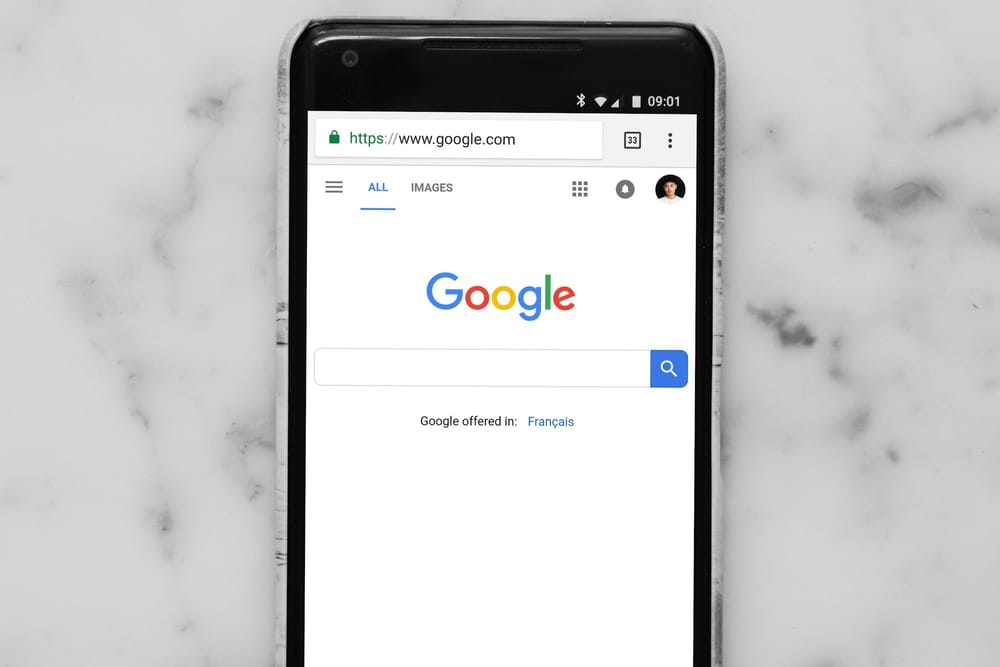Last summer, my wife and I attended her boss’s birthday party. I’d never met her coworkers, but my former line of work involved lots of networking, so this was right up my alley.
To say the soirée’s location was off the beaten path would be an understatement. Getting to the party required us to drive a mile or so down a dirt road through a densely wooded forest. We encountered homemade signs warning us to reconsider proceeding further along the way.
That’s when the voice inside my head, the one born of decades spent living in the South, began to scream, “Your Black butt does not belong here!”
Once we arrived at the party, I realized the only other Black person in a five-mile radius was the guitarist providing the evening’s entertainment. The combination of the backwoods location, the gathering of unfamiliar white people, not to mention showing up with my white wife, had all the creepy earmarks of a scene from Jordan Peele’s horror film Get Out.

Situations like this, minus the trek into the North Carolina hinterlands, happen to Black folks all the time. What’s crazy is that we’re so accustomed to environments where almost nobody looks like us that we’ve mastered adjusting to this dynamic.
We constantly modify the ways we present ourselves. In the workplace and social settings, code-switch to avoid being stereotyped. We bend ourselves into different shapes so as not to alarm white people.

Going down that dirt road, I was reminded how easily white folks can function without interacting with people who look like me. How, I wondered, would my white acquaintances react if they had to drive deep into the woods to hang out with a bunch of Black people?
Of course, I already knew the answer. Most white people I know would never do something like that.
I’ve been verified!
Aside from stares that translated to, “Who is that big, bald Black guy?” the party was fun. There was plenty of great food and drink, plus I met some interesting people. Pretty soon, I forgot about being in the middle of nowhere. Then something weird happened.
After dozens of introductions and the umpteenth “nice to meet you,” a man and his wife approached me. They told me about their connection to my wife’s boss, the usual party banter.
As I began to reciprocate with my backstory, the man interrupted me. “That’s okay; I already know all about you. I googled you,” he said as if granting me his seal of approval. This was the rare instance where I was left speechless. Why had this random person looked me up on the internet? And why was he telling me about it?
A few weeks later, the same thing happened. Then it happened again. One white guy, then another, felt obliged to inform me they’d “googled me” or “checked me out” on the internet. What is it about me that turned these random guys into internet sleuths? It was my career history that piqued their curiosity. A Black person claiming to have worked on Wall Street is enough to send white dudes rushing to the internet to confirm the story’s authenticity.
I suspect all of us have googled someone we know at some point. I’ve googled people for both business and personal reasons. But I’ve never felt the need to tell anyone I’ve “checked them out” online.
What was most striking was that these individuals, whom I barely knew, wanted me to know they’d scoured my cyber history. They had authenticated me, made sure I wasn’t some fraud a la Will Smith’s character in Six Degrees of Separation. And once they’d confirmed that I wasn’t making up my career details out of whole cloth, they felt compelled to let me know I’d been verified.
But why is the idea that a Black man from Arkansas once ran a New York trading desk so far-fetched?
Humorist and writer-at-large for Texas Monthly Kinky Friedman has often joked that Black Yachtsmen I Have Known is “the shortest, skimpiest book” ever written. He may be surprised to learn that Black Wall Street Traders-Turned-Writers I Have Known is an even skimpier tome.
This post originally appeared on Medium and is edited and republished with author's permission. Read more of Marlon Weems' work on Medium.

